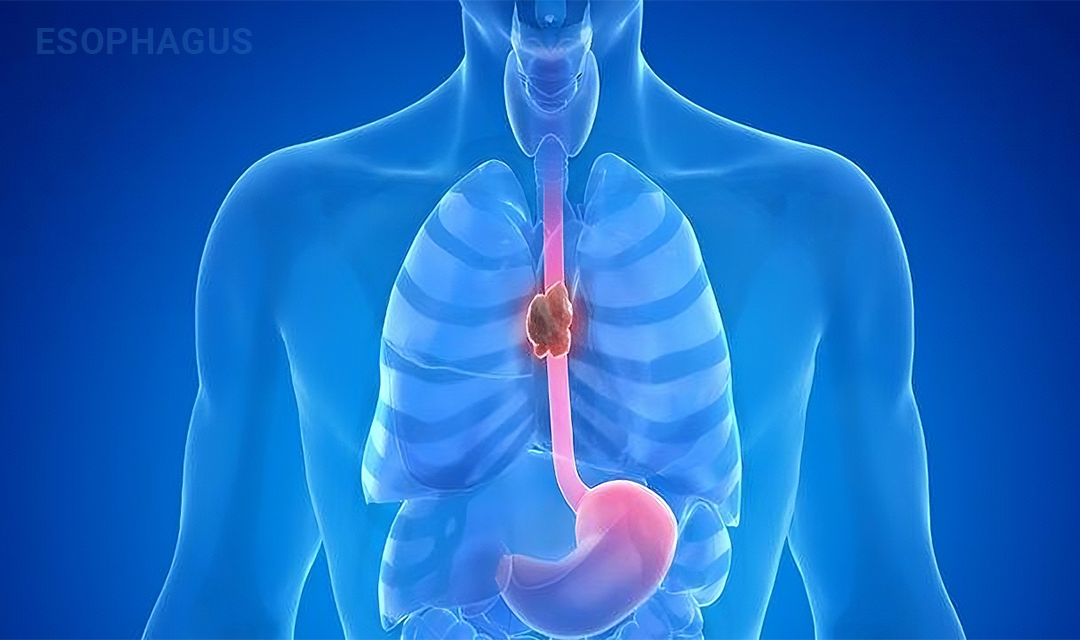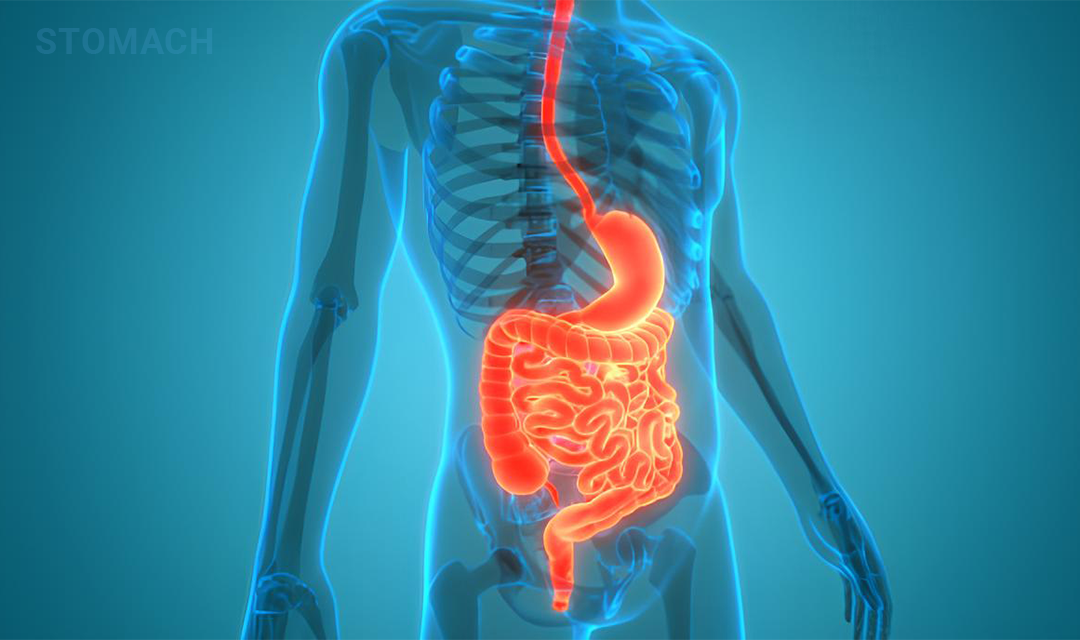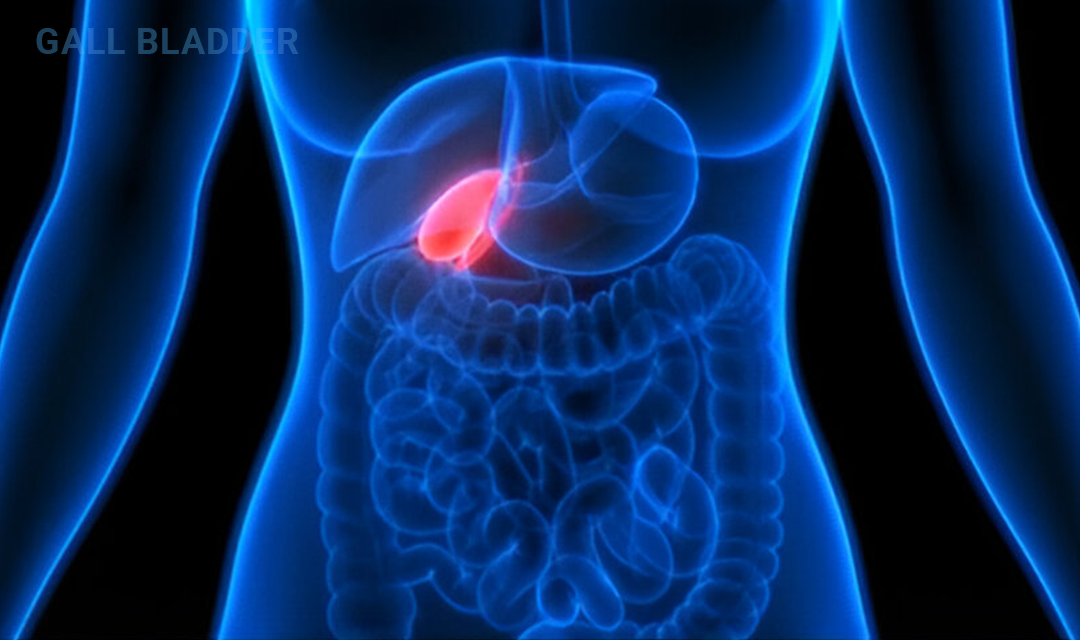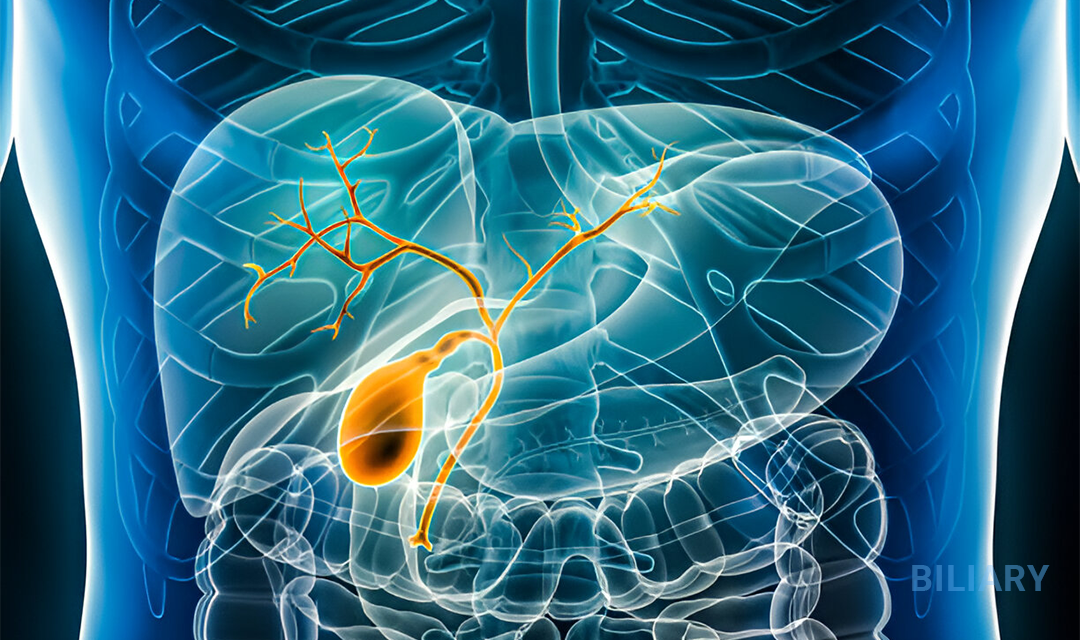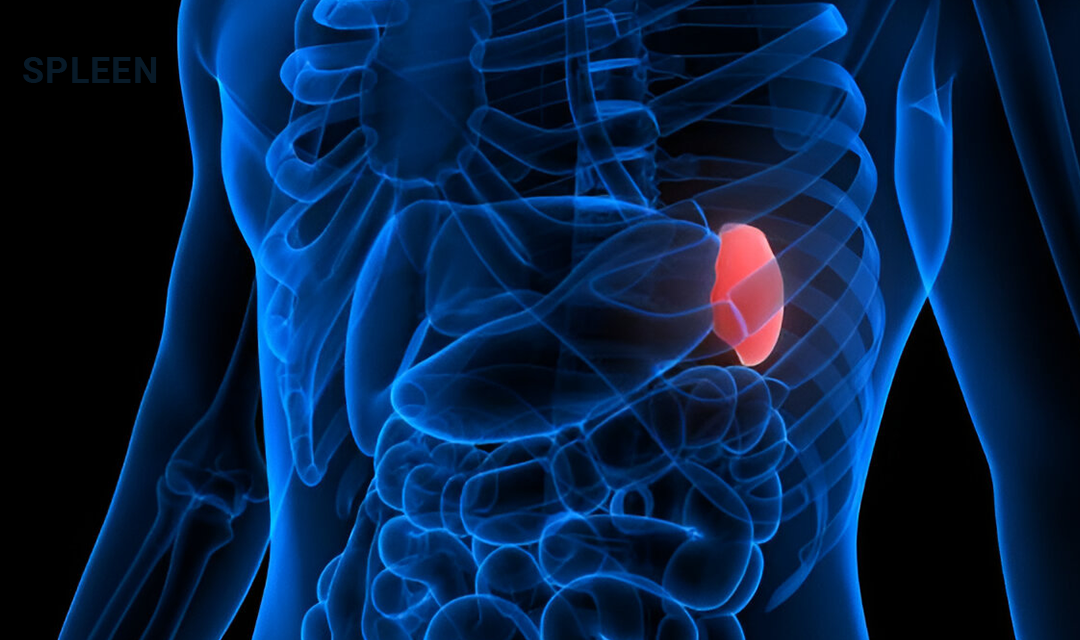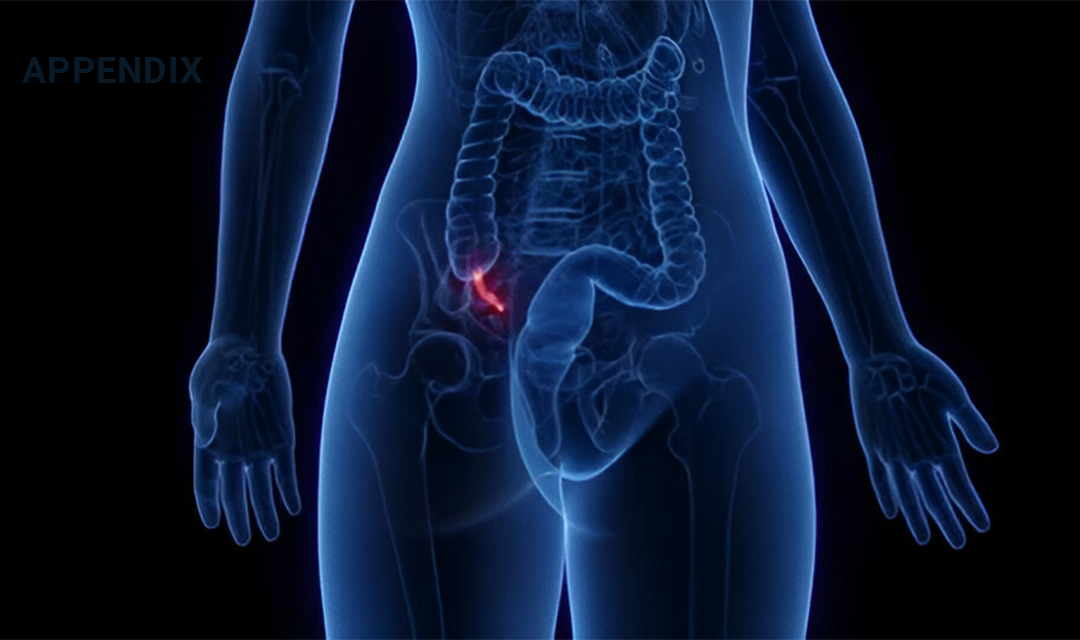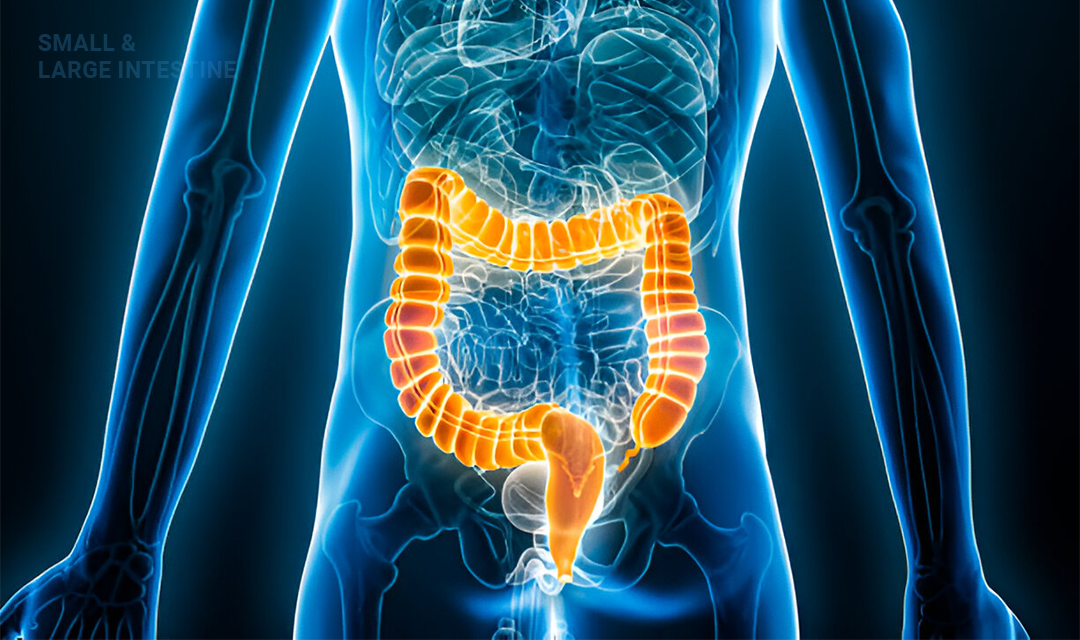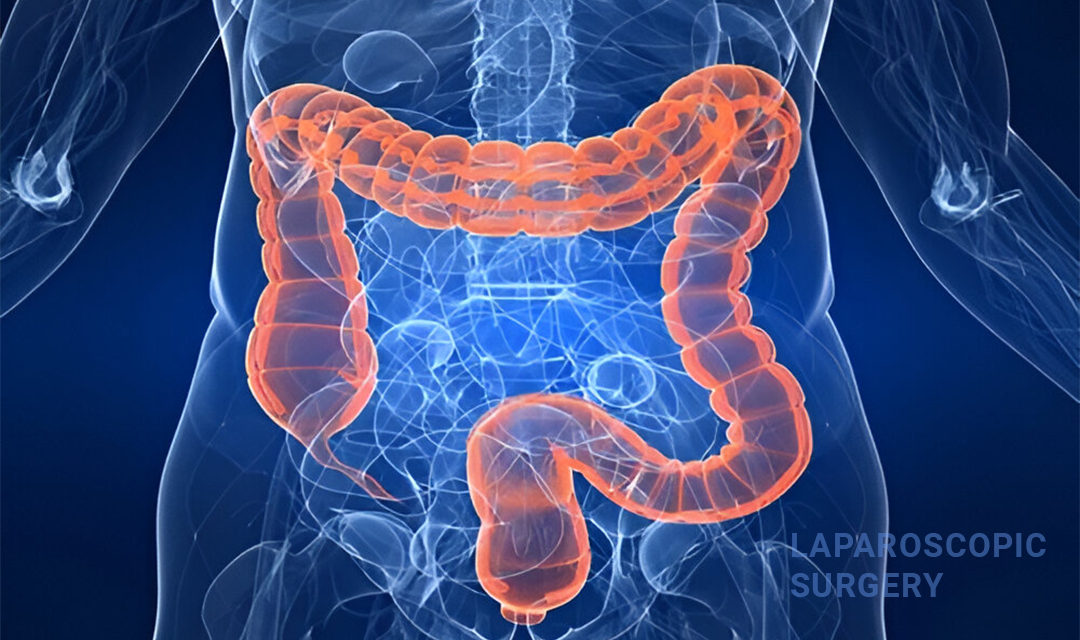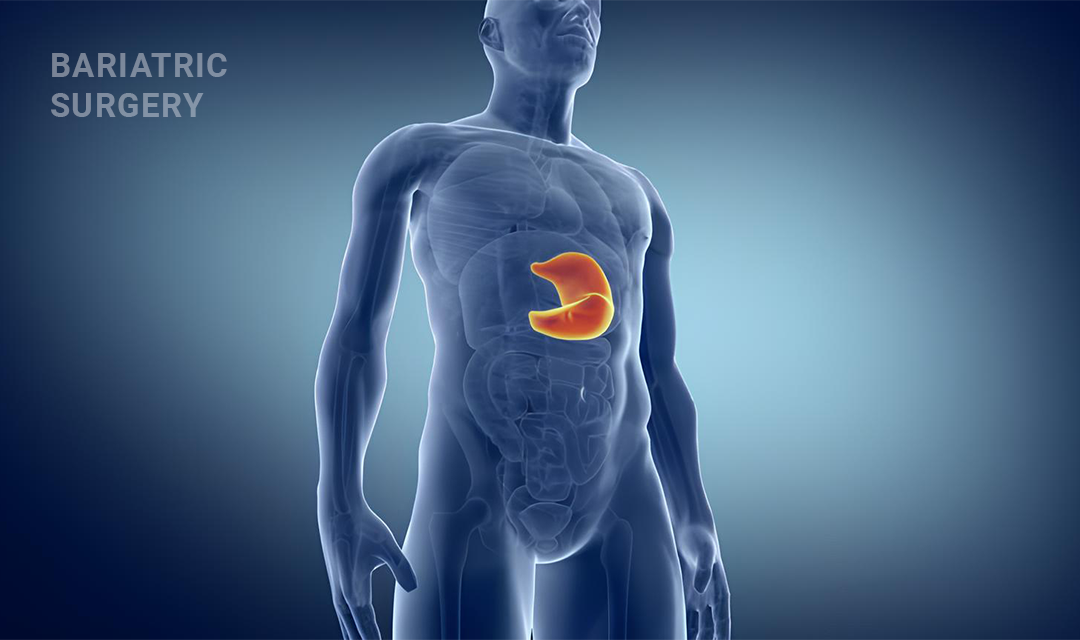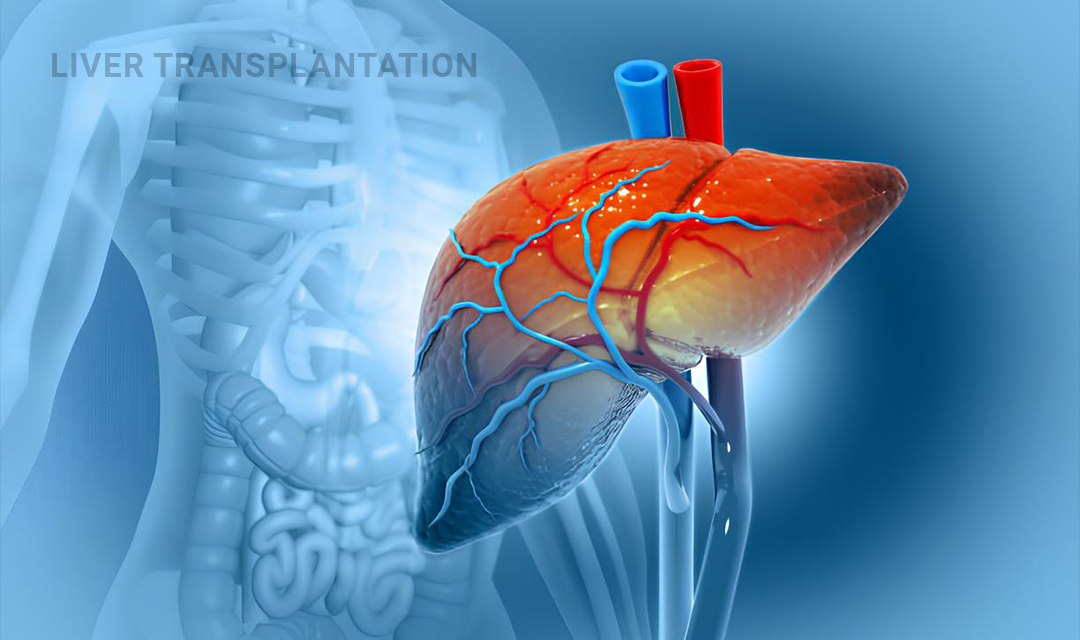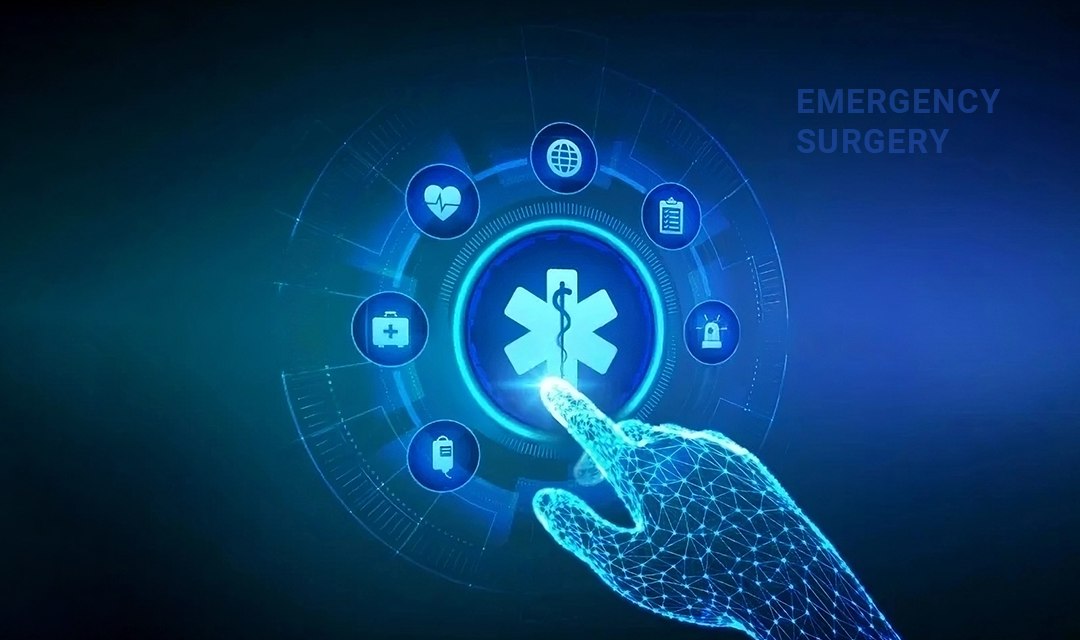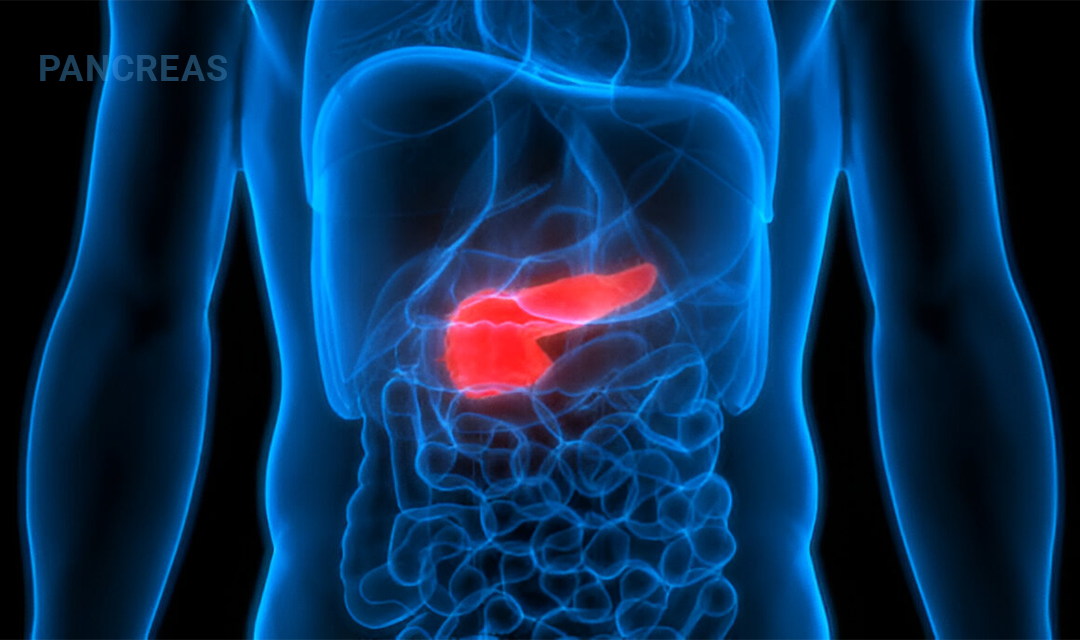
Pancreas Surgery & Care in Guntur: Expert Treatment by Dr. Varun Palanati
What is the Pancreas?
The pancreas is a vital organ located in the abdomen behind the stomach. Though small, it plays a crucial role in digestion and blood sugar regulation. This guide explains the pancreas’s functions, symptoms of pancreatic problems, treatments, and when surgery might be necessary.
Understanding the Pancreas and Its Functions
The pancreas is a vital organ, approximately 6 to 8 inches long and shaped like a flattened fish, located behind the stomach. It performs two main functions:
-
Endocrine Function:
- Insulin Production: Helps lower blood sugar by enabling glucose uptake into cells, produced by the beta cells of the islets of Langerhans.
- Glucagon Production: Raises blood sugar by signaling the liver to release stored glucose, produced by the alpha cells of the islets of Langerhans.
- Somatostatin Production: Balances insulin and glucagon levels while inhibiting the release of growth hormone.
-
Exocrine Function:
- Digestive Enzymes: Produces enzymes like amylase (for carbohydrates), lipase (for fats), and proteases (for proteins) to facilitate digestion in the small intestine.
- Bicarbonate Production: Neutralizes stomach acid entering the small intestine, creating an optimal environment for the digestion.
Symptoms of Pancreatic Problems
- Abdominal Pain: Persistent pain in the upper abdomen, sometimes radiating to the back.
- Nausea and Vomiting: Commonly linked to inflammation or digestive dysfunction.
- Jaundice: Yellowing of the skin and eyes due to bile duct blockage.
- Unexplained Weight Loss: Often caused by nutrient malabsorption or pancreatic cancer.
- Steatorrhea: Fatty, foul-smelling stools indicating poor fat digestion.
- Diabetes Symptoms: Increased thirst, frequent urination, and fatigue, due to impaired insulin production.
Causes of Pancreatic Problems
- Pancreatitis: Inflammation of the pancreas, which can be:
- Acute: Often caused by gallstones or alcohol use.
- Chronic: May result from long-term alcohol use, genetic factors, or autoimmune diseases.
- Pancreatic Cancer: A malignant tumor in the pancreas causing symptoms like abdominal pain, jaundice, and weight loss.
- Diabetes Mellitus:
- Type 1: Autoimmune destruction of insulin-producing cells.
- Type 2: Insulin resistance or insufficient insulin production.
- Cystic Fibrosis: A genetic disorder that causes thick mucus to block pancreatic ducts.
- Pancreatic Insufficiency: Insufficient production of digestive enzymes, leading to malnutrition and malabsorption.

“Dr. Varun provides expert care in pancreas surgery, offering advanced treatments and relief for patients with pancreatic conditions in Guntur.”
Home Remedies to Support Pancreatic Health
Certain lifestyle changes and natural remedies can reduce the risk of pancreatic problems:
-
Eat a Balanced Diet
- Low-Fat Foods: Reduce the strain on the pancreas by avoiding fried and processed foods.
- Whole Foods: Focus on fruits, vegetables, whole grains, and lean proteins.
- Antioxidant-Rich Foods: Include berries, spinach, and green tea to reduce inflammation.
-
Limit Alcohol Consumption
- Alcohol: A leading cause of pancreatitis. Avoid or significantly reduce alcohol intake to protect the pancreas.
-
Stay Hydrated
- Water: Drinking plenty of water supports digestion and helps the pancreas produce digestive enzymes efficiently.
-
Manage Stress
- Relaxation Techniques: Stress can exacerbate digestive and pancreatic issues. Practice yoga, meditation, or deep breathing to reduce stress.
-
Quit Smoking
- Smoking: Increases the risk of pancreatic cancer and other complications.
When to See a Doctor
Seek medical attention if you experience:
- Persistent or severe abdominal pain, especially if it radiates to your back.
- Unexplained weight loss or changes in appetite.
- Jaundice (yellowing of the skin or eyes).
- Fatty, greasy, or unusually foul-smelling stools.
- Nausea or vomiting that doesn’t improve.
- Symptoms of diabetes, such as excessive thirst, frequent urination, or unexplained fatigue.
Early diagnosis and treatment can prevent complications and improve outcomes.
Treatment Options for Pancreatic Conditions
-
Medications
- Pain Relievers: Help manage discomfort from pancreatitis or other pancreatic issues.
- Digestive Enzyme Supplements: Aid digestion for those with pancreatic insufficiency.
- Insulin Therapy: Used to manage blood sugar levels in diabetes.
-
Lifestyle Changes
- Dietary Modifications: Follow a low-fat, nutrient-rich diet tailored to your condition.
- Weight Management: Maintain a healthy weight to support blood sugar control and reduce stress on the pancreas.
-
Endoscopic Procedures
- ERCP (Endoscopic Retrograde Cholangiopancreatography): Diagnoses and treats pancreatic duct obstructions or removes stones.
-
Surgical Interventions
- Pancreatic Cancer: Procedures like the Whipple surgery remove tumors or affected parts of the pancreas.
- Severe Pancreatitis: To remove damaged tissue or drain fluid collections.
- Chronic Obstructions: To relieve blockages in the pancreatic ducts.
Frequently Asked Questions (FAQs)
A Patient’s Experience

“Dr. Varun provides expert care in pancreas surgery, offering advanced treatments and relief for patients with pancreatic conditions in Guntur. His expertise and compassion make him a trusted choice for complex pancreatic problems.”
- Amit Sharma
- Relieved Patient

“After my pancreas surgery with Dr. Varun, I’m feeling better than ever. His thorough approach and expert care made a significant difference in my recovery.”
- Sita Rao
- Grateful Patient
Conclusion
- The pancreas is essential for digestion and blood sugar regulation, and maintaining its health is crucial for overall well-being. By adopting a healthy lifestyle, managing symptoms promptly, and seeking timely medical care, many pancreatic issues can be effectively treated.
- For advanced pancreatic care, including surgical interventions, Dr. Varun Palanati offers expert, personalized treatment in Guntur. Whether through minimally invasive procedures or comprehensive care plans, Dr. Varun is dedicated to helping patients achieve better health and quality of life.
